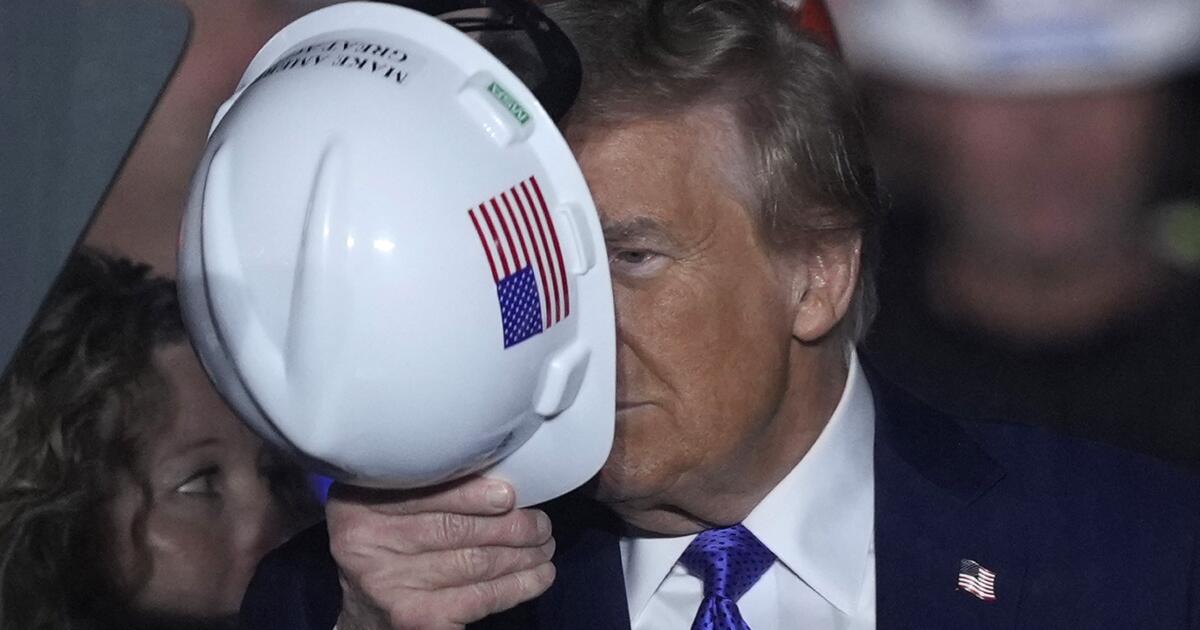SKOPJE (Reuters) – Voters in North Macedonia went to the polls on Wednesday to elect the president in a litmus test for a parliamentary election next month in which a nationalist opposition is seeking to unseat the ruling centre-left Social Democrats.
Wednesday’s vote pits President Stevo Pendarovski, a candidate of the pro-European Social Democrats, against Gordana Siljanovska-Davkova from the opposition VMRO DPMNE.
VMRO DPMNE has gained ground in recent years over public anger at the slow pace of the Balkan country’s accession to the European Union. While the presidency is a ceremonial position, the opposition hopes to gain momentum for the more important parliamentary vote on May 8.
“I think there should be changes. It cannot go on like this. There are no factories, no work, there’s the need for some changes,” Skopje pensioner Strahinja Zarovski said.
The opposition’s Siljanovska-Davkova is expected to take 19.2% of the votes and Pendarovski 9.7%, according to polls published by North Macedonia’s state TV. Bujar Osmani, a candidate for the DUI party, is forecast to come third with 6.6%.
Polls are due to close at 1800 GMT. Results are due late on Wednesday. If neither candidate gets a majority in the first round, a run-off vote will be held on May 8.
“The party that wins in the first round will find it easier to mobilise voters in the second round and in the parliamentary vote,” political analyst Petar Arsovski said.
North Macedonia’s candidacy to join the EU was met with optimism in 2005, but 19 years on, it has made little progress, in part because of opposition from EU members Greece and Bulgaria.
A 2017 agreement to change the country’s name from Macedonia to North Macedonia ended the dispute with Greece, but Bulgaria lodged a veto in 2020 over history and language issues, which many North Macedonians say attacks their national identity.
In 2001 NATO pulled North Macedonia from the brink of civil war during an ethnic Albanian insurgency and promised faster integration into the EU and NATO.
It joined NATO in 2020.
(Reporting by Fatos Bytyci and Aleksandar Vasovc; Writing by Ivana Sekularac; Editing by Edward McAllister and Alison Williams)
